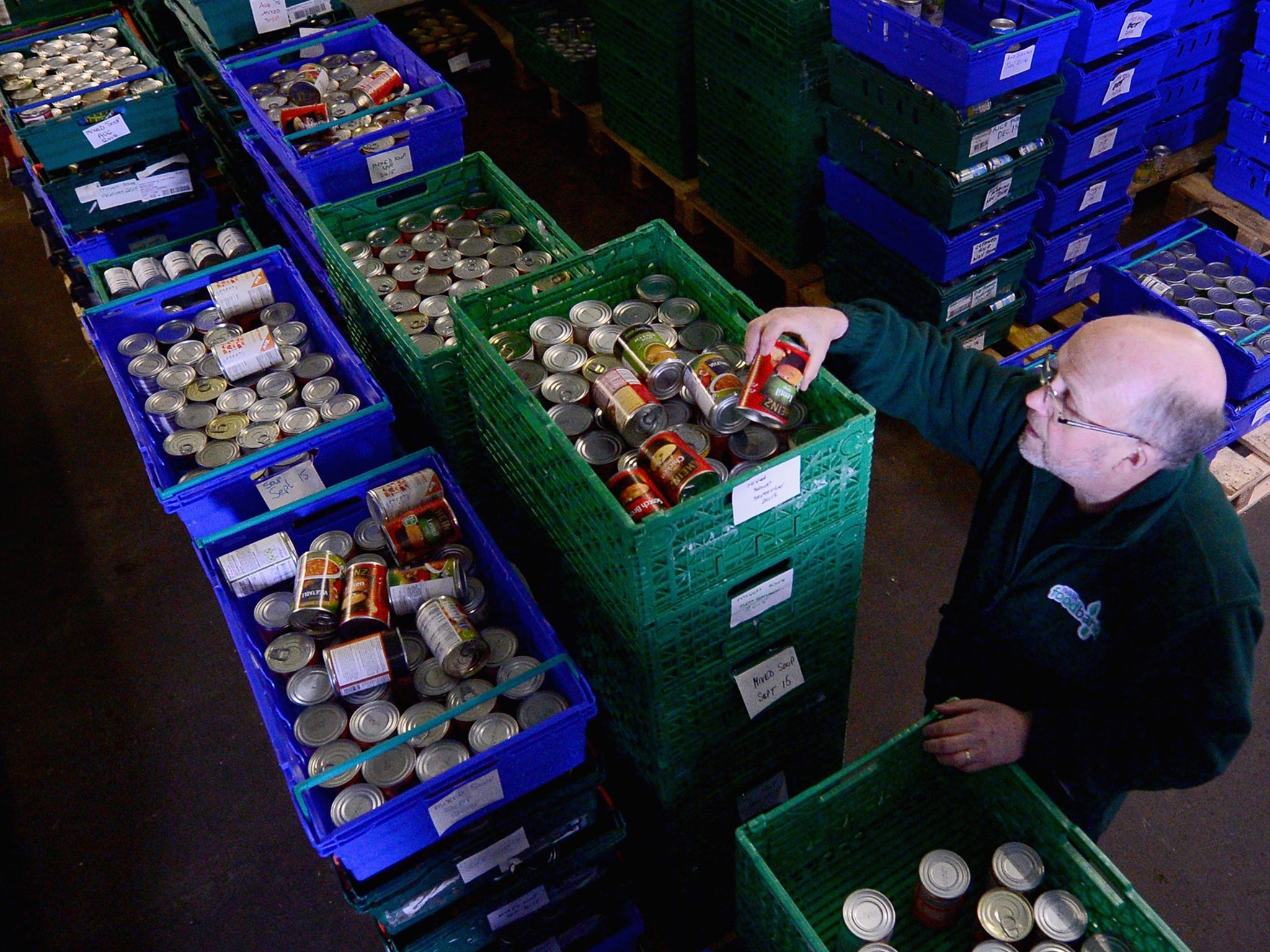Problem debt adds £8bn cost to the economy
A charity has calculated the cost to us all of unmanageable debt – from lost productivity to the extra demands on the NHS

Your support helps us to tell the story
From reproductive rights to climate change to Big Tech, The Independent is on the ground when the story is developing. Whether it's investigating the financials of Elon Musk's pro-Trump PAC or producing our latest documentary, 'The A Word', which shines a light on the American women fighting for reproductive rights, we know how important it is to parse out the facts from the messaging.
At such a critical moment in US history, we need reporters on the ground. Your donation allows us to keep sending journalists to speak to both sides of the story.
The Independent is trusted by Americans across the entire political spectrum. And unlike many other quality news outlets, we choose not to lock Americans out of our reporting and analysis with paywalls. We believe quality journalism should be available to everyone, paid for by those who can afford it.
Your support makes all the difference.Debt is no longer a personal problem – it’s hitting the economy to the tune of £8.3bn. That’s according to a shock report from the debt charity StepChange this week.
The social costs quickly mount up because of the damage debt causes to family life, mental and physical health, productivity and employment prospects, and costs to the welfare state, the NHS, local government and other agencies, the charity reckons.
Although the economy is reportedly now growing, there is still £162bn worth of outstanding consumer credit and millions of people struggling with debt, some 2.9 million with problem debts, according to the research.
The biggest cost to the economy was housing-related, the charity said. As people fall behind on rent or mortgage payments, they end up at risk of losing their home or being forced to move. The net result is additional housing benefit payments, eviction costs, homelessness prevention and support, and moving costs, which in total costs the economy £2.8bn.
Meanwhile the cost to employment of problem debt is £2.3bn. That’s because the stress and anxiety caused undermines economic productivity, prolongs unemployment and leads to job losses, which adds substantial costs to the welfare bill.
Being in problem debt doubles your chance of suffering from mental health problems. Stress and anxiety can lead to greater reliance on NHS and other mental health support services, running up a £960m bill to the economy.
Relationship breakdown accounts for another £790m, as problem debts lead to separation and divorce, with the added costs of setting up a new home, legal fees, maintenance payments and costs for bodies such as the Child Support Agency.
Then there are elderly care costs of an estimated £658m which spring from the stress and deteriorating health resulting from debt woes.
Other costs such as business failures and childcare charges tot up to £800m.
“Problem debt costs all of us, including families, businesses and communities,” warned Mike O’Connor, the chief executive of StepChange. “Lifting the scourge of problem debt and helping prevent it in the first place makes economic sense. We need a concerted effort by public bodies, lenders and charities to help people in trouble now or in danger of getting into difficulty.”
Other debt experts called for action. John Fairhurst, policy director at PayPlan, said: “The figure is alarming but it’s a dose of reality. We’re constantly hearing that the economy is improving and that we’re starting to feel more financially stable, but for many, that isn’t the case.”
He said people needed to be more open about debt problems. “If we can’t, then those in debt, through no fault of their own, will be left without a voice and, when you don’t feel able to ask for help, your situation can easily spiral out of all control.”
Joanna Elson, chief executive of the Money Advice Trust, said: “On the front line we are seeing a new generation of debt problems, with people increasingly struggling with household bills and finding smaller debts more difficult to escape.
“Free advice provided at the earliest stage possible is the best way to limit the damage that unmanageable debt is causing, both to our lives and our economy.”
Meanwhile a survey by the debt manager Vincent Bond to mark World Mental Health Day yesterday revealed that four in five people in debt have experienced depression, but only a third have sought professional help.
Steve Rees of Vincent Bond said: “The reason that two-thirds of people suffering debt depression haven’t sought help seems to be that they feel guilty or ashamed. That’s distressing because much can be done if people can overcome the mental hurdle.”
StepChange says more must be done to tackle problem debt, such as a “breathing space” scheme for those who are confronting their problems and seeking advice. They should be temporarily protected against spiralling interest and charges, the charity says.
The government should investigate the solutions offered to people struggling with unmanageable debt.
Join our commenting forum
Join thought-provoking conversations, follow other Independent readers and see their replies
Comments